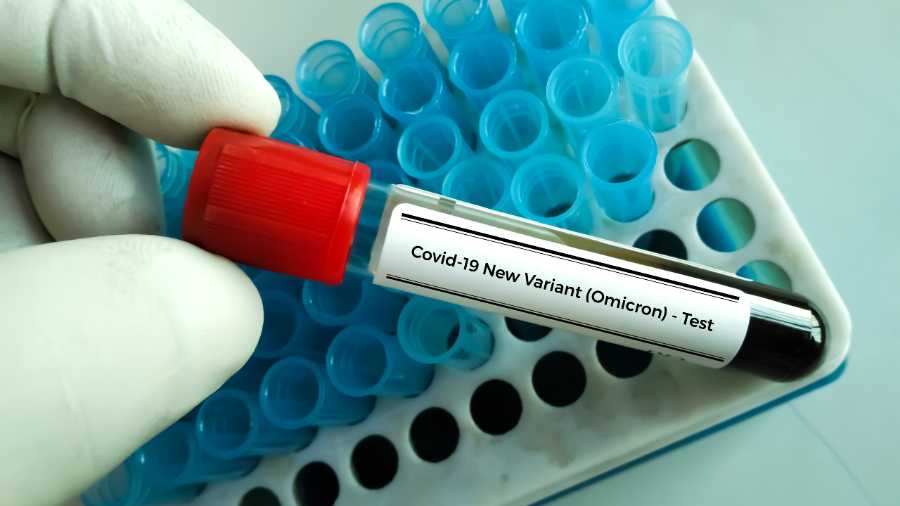Research findings released on Tuesday have suggested that an omicron infection in fully vaccinated people effectively induces immunity against itself and enhances protection against other coronavirus variants.
The study by researchers at the University of California, San Francisco (UCSF), and based on lab animal experiments has also indicated that in unvaccinated people an omicron infection does not produce antibodies that can effectively neutralise other coronavirus variants.
“Our results indicate that omicron infection enhances pre-existing immunity elicited by vaccines, but on its own may not induce broad, cross-neutralising humoral immunity in unvaccinated individuals,” Melanie Ott, a senior investigator at the Gladstone Institute of Virology and Immunology at the UCSF, and her colleagues said in their research paper.
The UCSF researchers have posted their study on medRxiv, an online archive of research papers, but it is yet to be peer-reviewed.
Scientists have been speculating what level of immunological protection, if any, one variant might offer against another, against the backdrop of the emergence of multiple strains of SARS-COV-2, the virus that causes Covid-19, over the past two years.
Immunity generated by one virus or variant against another is called cross-protection.
The fast-spreading omicron variant, driving the current Covid-19 surges worldwide, has a significantly altered genetic makeup compared with the delta strain that had fuelled India’s second wave last year while simultaneously spreading worldwide until omicron took off in late 2021.
Omicron can cause infections in those who have had Covid-19 earlier and in fully vaccinated people.
Delta infections are associated with a relatively high risk of severe lung disease, but omicron causes less severe disease and is mostly confined to upper respiratory symptoms. Some scientists have wondered whether rampant spread of omicron could lead to “mass immunisation”.
Ott and her colleagues have shown that delta infections can induce broad immunity in mice. But antibodies-containing sera samples from omicron-infected mice only neutralised omicron, while sera from delta-infected mice are broadly effective against delta and other variants, including omicron.
Their analysis of human sera from omicron and delta breakthough cases (patients who developed the infections despite being fully vaccinated) suggests effective neutralisation induced by both viruses in vaccinated individuals.
The findings imply that vaccinated people whether infected with omicron or delta acquire immune protection against the other strain and other known variants. Delta too is known to cause breakthrough infections, although at levels much lower than omicron.
Ott and her team believe their findings could guide vaccine design strategies amid plans by vaccine makers to create “multivalent vaccines” tailored to generate immune responses against more than one coronavirus variant. The study implies that a vaccine that incorporates both omicron and delta-based immune responses would provide broad immunity against multiple variants.
‘Increase test’
The Union health ministry has asked all states to enhance Covid-19 testing, flagging a decline in many states that experts say could have been precipitated by revised guidelines that will record fewer infections.
“It is incumbent upon all states and Union Territories to enhance testing” in order to ensure that the nationwide epidemic can be effectively tracked and citizen-centric action initiated, Union health secretary Rajesh Bhushan said in a note sent to all states on Monday.











